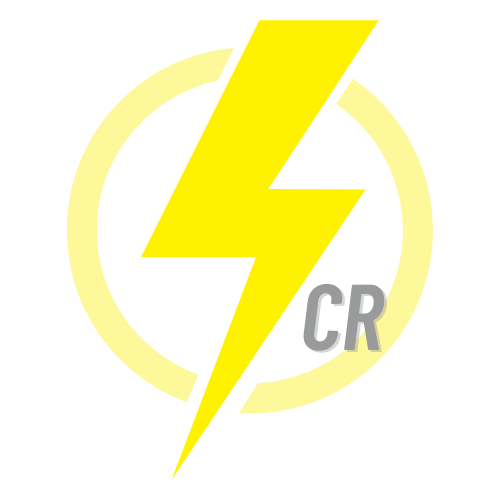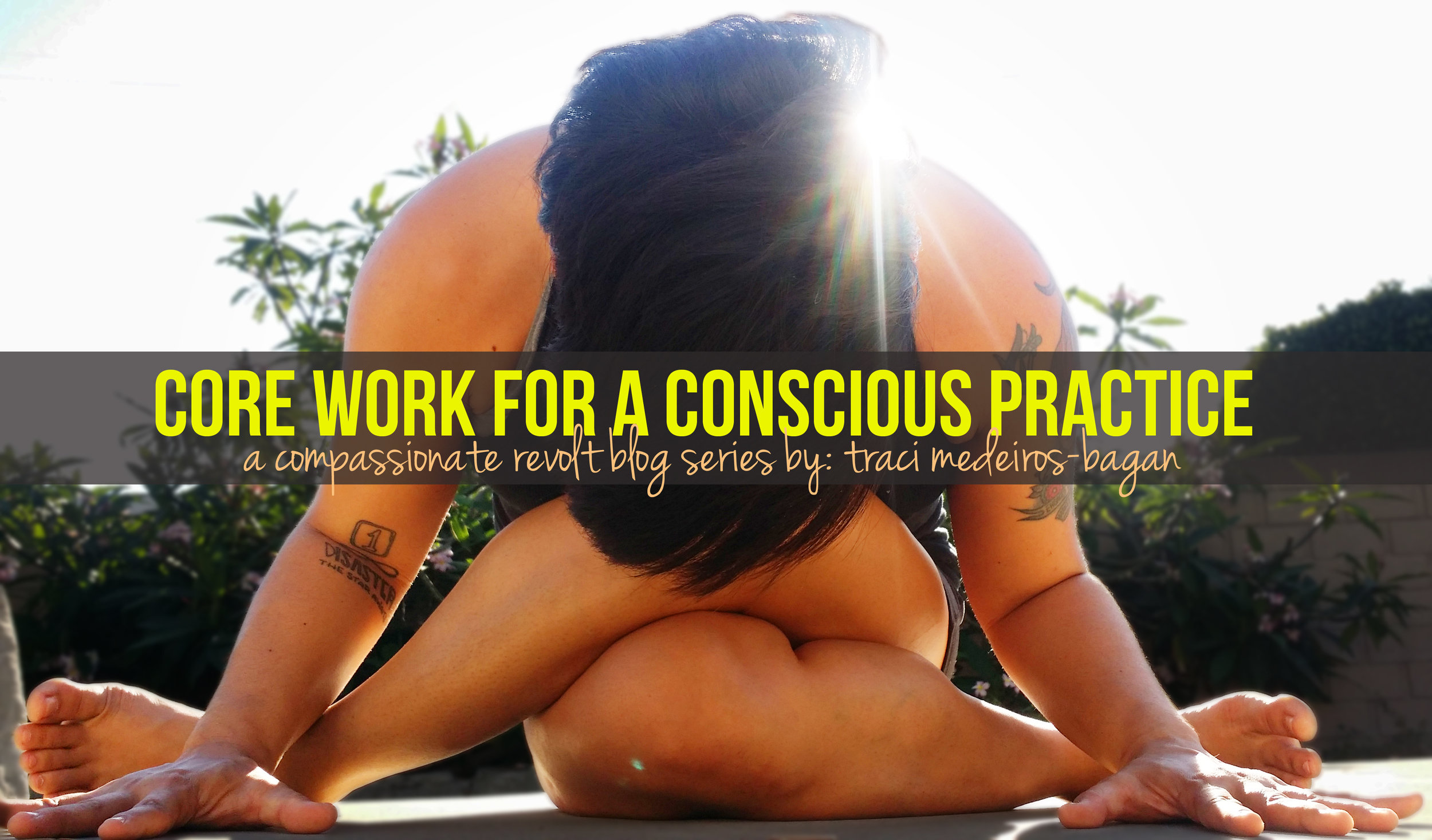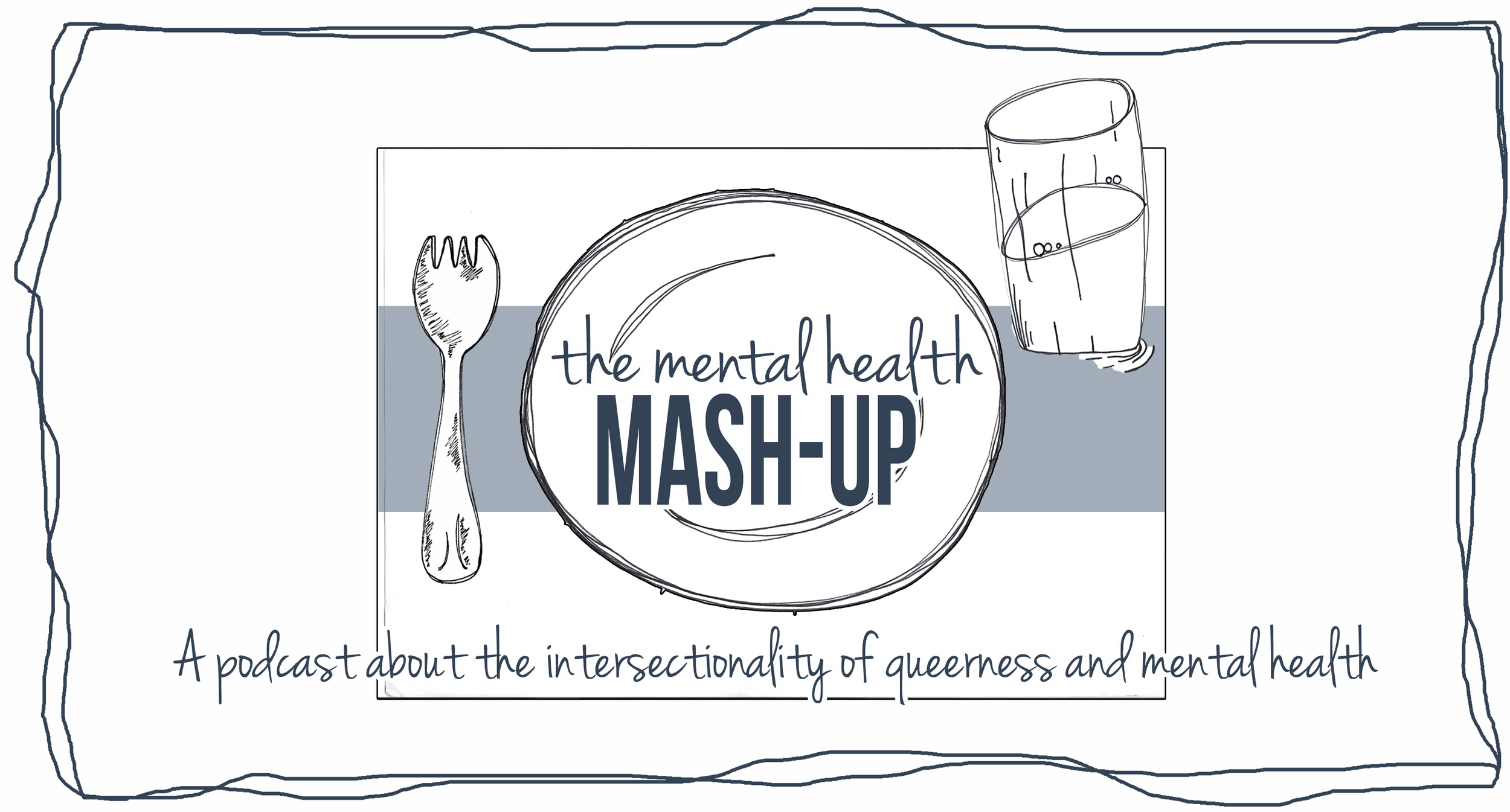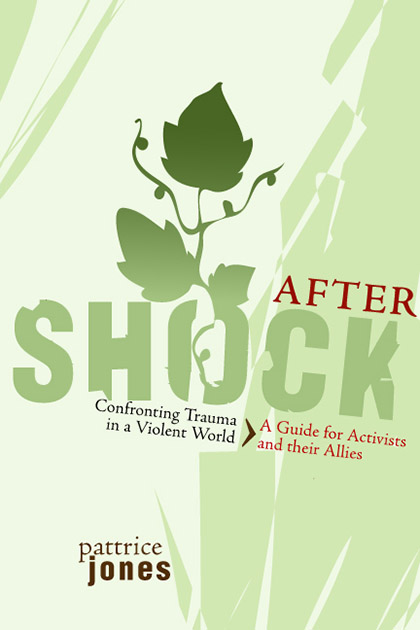"Subversion best describes a practice in which the power of the patriarchy is turned upon itself,
to REVOLUTION and HEALING.
A REVOLUTION that, because it is subtle and not frontal, can be effective even in the face of formidable obstacles."
Laura S. Brown
Subversive Dialogues
I sat down this morning with an intention to pour myself into starting this blog series. It’s been a concept that I’ve been rolling around in my head for awhile. It keeps popping up in different incarnations, taking shape, and then just as quickly as it appears, dissolving into the day’s to do list of chores, errands, dates, obligations, and general life distractions. It kept shifting and changing and I was having a hard time getting a firm grasp on it. Sitting down to write about healing challenged the time and space I was making for my own. I would get excited about a certain practice and then bunny hole into its problematic nature.
It was then that I realized that this was the connecting factor-- the complications and intersections! Anything explored consciously and connected will remain in the, sometimes daunting, but always insight building, constancy of transition. It’s the intention behind this tiny queer healing space in this great big internet universe.
With that in mind, I spent the morning reading blogs about the yoga industrial complex, the appropriative nature of western yoga, and the conflicted way this practice has been a powerful source of agency for marginalized folks and communities of color (not withholding, but also not primarily focused on communities of South Asian Americans).
Healing is a complicated (and politicized) animal. The reading I did reflected a struggle that I've experienced often, and not just around my personal and professional yoga practice. We may want to take our own complicated healing journeys out of this but we can't, and I would argue, that we shouldn't want to.
We live in a culture that parses out our minds, bodies, hearts, and spirits into segregated categories. When something in ourselves or our worlds becomes “broken” or “pathologized” we don’t think first to take a breath, check in with the wound, analyze it for both positive and negative messages, and reach into our internal resources to fix it.
We go find an expert to tell us what’s wrong.
Furthermore, this external (and problematic) healing isn’t neutral or accessible to everyone. It’s one battle to accept that we need healing, another battle to figure out what that healing might look like, and an all out war to integrate it into our lives in a conscious and honoring way. Talking about healing through war metaphors isn’t an accident. It’s a place of internal conflict.
When I walk into a yoga studio I carry with me all of my intersections and all of my stories. I hold places of privilege and oppression. When I’m taking class I do my best to “take what I need,” and when I teach I often encourage my students to do the same. While I could pat myself on the back that I don’t preach asana for beach bodies, I’m also invariably awkward when pre-class conversation includes the latest high protein (read: meat) based diet and the way vinyasa flow can tone your arms. The familiar anxiety of female bonding office lunchroom chat washes over me. I often defer to silence unsure whether it’s more yogic to “observe without judgment” or start handing out copies of “Lessons from the Fat-o-sphere."
The truth of the matter is- the yoga that I’ve learned, re-shaped, and now want to share helps heal my original wound. A wound that (even with the potential for projection) I believe is shared amongst a lot of us. It meets us where we’re at. It honors our bodies and what they are trying to speak to us. It’s science and spirit and heart space. And it’s also the offspring of this bastardized arranged marriage between a need to heal wounds created by western culture itself and the inherent resistance of eastern spiritual healing. Even as the consciousness of a donation based intention and a queer folk filled playlist subverts one oppressive narrative, it makes other roots invisible.
I didn't (and haven't) come to a clear answer as to how to solve this. Similarly, the analysis around ways that we heal here in the west are broken into two general camps. One camp discusses the process without relevance to the history and intersections of power, privilege, appropriation, colonization, and abuse while the other often focuses only on these challenges. The latter also often holds "calls to action," solutions to ways we can be more accountable, while individual healing journeys are often mis-routed to more activism/advocacy. This can pose a troubling conflict for those of us that are already hyper conscious, sensitive to the constant barrage of trauma in the world, and working tirelessly to find healing that works for our courageously soft and divinely broken spirits.
I noted to myself that I started this morning highly motivated to dig into the depths of healing practices. By the time I finished my consciousness raising reading list, I wanted to quit everything, wrap myself in my overpriced yoga mat, and sit in a shame corner while the rubber stink slowly filled my lungs and asphyxiated me with the weight of oppressive appropriation.
I know... not super helpful.
This isn't a defense of privileged fragility (that's nothing new) but rather a question of how we can institute sustainable (as well as ethical) self-care practices for ourselves. It's a challenge around how we can hold and honor the best of what nurturing wisdom is already in existence as well as forge our own paths. It's a request to hold awareness around roots while also grounding ourselves in our current context.
It's faith in the healing exploration of living consciously and connected.
This blog series will be an offering to this discussion and search. A place to process the complicated, unique, unexpected, and sometimes problematic, intersections where healing happens.
In Passionate Compassion, Subversion, Revolution, and Healing,
Traci
----------
Traci Medeiros-Bagan {She|Her|Hers|They|Them|Theirs} is currently in the depths of intentional core work to build a conscious practice. They are a therapist, yoga teacher, and human in progress. Information about where, when, and how they share this journey with community can be found at compassionaterevolthealing.com
———-
There are photographs in this post that were borrowed lovingly from the internet and do not belong to us. All are linked and credited to the best of our abilities in hopes of attracting more traffic to the photographers and websites who have blessed us with this imagery. The inclusion of a photograph here should not be interpreted as an assertion of the subject’s or artist’s identity or beliefs. If there is a photo included here that belongs to you and you want it removed, please email compassionaterevolt@gmail.com and it will be removed promptly, no questions asked.






